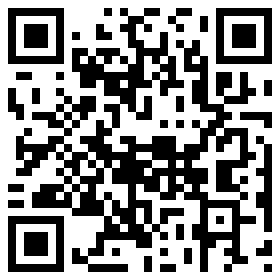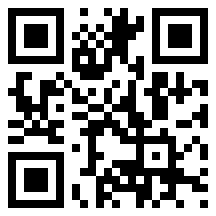This is why I have been talking about SMALL lately, or social media assisted language learning, and have more recently modified that to social media assisted lifelong learning. When I've bounced the idea of SMALL off colleagues I get all sorts of alternate suggestions in return, such as TALL or TELL (technology assisted or enhanced) which is to say that my acronym might not be the one that sticks, but teachers are in the main coming off the idea of 'computer-assisted' as defining what we are doing.
This is why I fudged my definition of CALL experts as people who have some experience in the use of microprocessor-based devices in the implementation of language learning. They have conducted research in the field or have published or blogged widely on the topic and / or have been involved in numerous on-site or online efforts in sharing their expertise toward helping others to understand proper implementation of use of computers, tablets, or mobile devices in language learning. They are master learners; which is to say they model and demonstrate what they know, and they reflect through social media about what they learn and practice in order to learn more.
They have unique skills, the main one being not related so much to technology, but having accredited knowledge of how people learn. In accordance with SMALL and with one of its theoretical frameworks, they need a working knowledge of networking and social media. Of course they should have a demonstrated track record of implementation of CALL projects and presentation of methods and findings at conferences and online venues frequented by language teaching practitioners.
CALL experts are inherently trouble-shooters who struggle with new media-based devices to overcome difficulties in understanding their use, and who develop means to leverage their affordances in ways that will help others to use these devices creatively and critically. They open people's eyes to sometimes obvious but often novel uses of technology in learning. A CALL expert needs to be able to help competent teachers enhance their teaching capabilities through the use of technology, and to understand what the affordances of these technologies are and how these affordances can be utilized in enabling students to learn what the language teacher already understands to be the most effective means of learning languages. If the purpose of language learning is understood to be learning to communicate through writing, listening, reading, and speaking in a foreign or second language, then CALL experts should be able to demonstrate convincingly and in simple terms how CALL can help with real communication, asynchronously and in real-time, not only in terms of finding audiovisual and reading materials online, but in speaking to and writing for audiences composed of native interlocutants and peers in language learning, and interacting with them meaningfully in the communities that form around their communications (which for the language learner, may come to be perceived more as an exercise in meeting people online and exchanging ideas and culture, than as "language learning" in the traditional sense).
Obviously experts in any field have to have strategies for keeping up to date with what is happening in the field. In my case, I blog instinctively, as I am doing here. I write articles and book chapters, and I write regularly for professional journals and serve on their editorial boards (http://vancestevens.com/papers). I meet people regularly online (at least once or twice a week) for presentations and conversations on topics pertinent to the field (http://learning2gether.net). I participate in and coordinate communities of practice online (http://webheads.info). I present at and attend many online and face-to-face conferences annually. I interact with colleagues at work and sometimes more intently with colleagues worldwide after my official working hours. I keep connected professionally through several social media services (listed in the sidebar to the right of this blog post).
As George Couros said recently, where there is Internet, isolation of teaching professionals is now a choice, not a condition to be taken for granted. I advise teachers wishing to enhance their technology skills, and learn how to aim them effectively at pedagogy, to get connected and find out what others are doing in CALL. Interact with other teachers in MOOCs and take advantage of the many and constantly happening online professional development opportunities to learn how to learn through the affordances of modern technologies. Develop your PLN or personal learning network, and ask them whatever questions come to mind. Share what you know and what you create with your PLN. Try out things with your students, learn from them and with them, make it clear that you can help them find answers since now no one can be expected to know all the answers in a world where new things are discovered and invented constantly. Encourage them to experiment with you. Don't give up, learn something new every day, and write it down somewhere and share it with those you work with and with your PLN online.



 Tag in your DEL.ICIO.US account
Tag in your DEL.ICIO.US account










